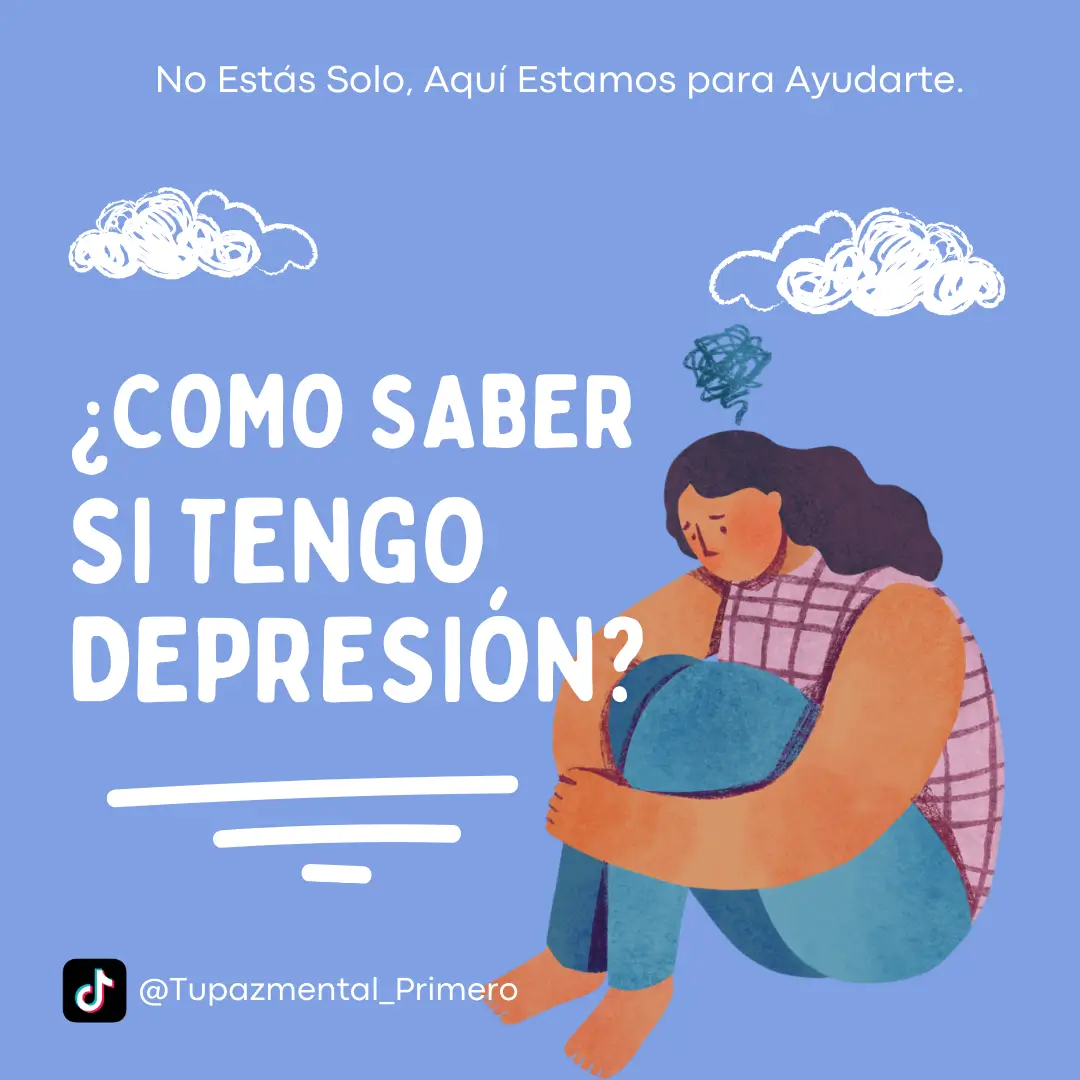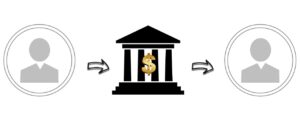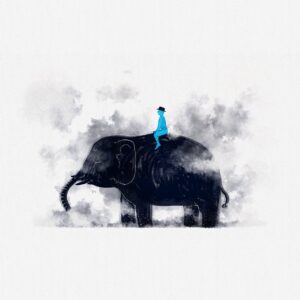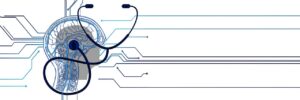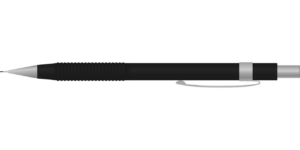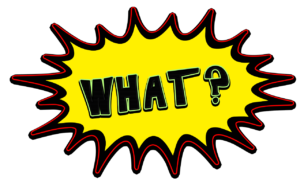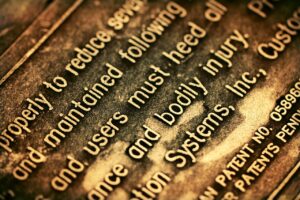Reconocer signos y síntomas comunes de depresión
Uno de los signos comunes de depresión es experimentar sentimientos persistentes de tristeza o desesperanza. Estos sentimientos van más allá de las respuestas emocionales normales a situaciones desafiantes y pueden afectar significativamente el funcionamiento diario. Las personas con depresión pueden presentar síntomas como:
- Sentimientos persistentes de tristeza, ansiedad o vacío.
- Sentimientos de culpa, inutilidad o impotencia.
- Irritabilidad o inquietud Estos síntomas emocionales son indicadores clave de la depresión y pueden manifestarse en diversos grados de intensidad.
Otro síntoma característico de la depresión es la pérdida de interés en actividades que antes eran placenteras. Esta pérdida de interés puede extenderse a pasatiempos, interacciones sociales, trabajo u otras actividades que antes le satisfacían. Los cambios en el apetito o el peso también son indicadores comunes de depresión. Las personas pueden experimentar:
- Pérdida casi completa de interés o placer en las actividades.
- Cambios significativos en el apetito que provocan fluctuaciones de peso.
Estos cambios físicos y de comportamiento pueden ser señales tempranas de depresión y no deben ignorarse. Buscar ayuda profesional es fundamental para controlar estos síntomas de forma eficaz y prevenir un mayor deterioro de la salud mental.
La depresión también puede manifestarse a través de síntomas físicos que afectan diversos aspectos de la vida diaria. Las personas que experimentan depresión pueden encontrar dificultades para dormir, comer y concentrarse en las tareas. Además, podrán enfrentar:
- Dolores físicos como dolores de cabeza o dolores corporales.
- Fatiga y pérdida de energía.
- Cambios en el apetito y el peso.
Comprender los efectos físicos y emocionales de la depresión
Uno de los indicadores clave de la depresión es la fatiga o la falta de energía. La fatiga en la depresión no es simplemente sentirse cansado después de un largo día o de un esfuerzo físico; a menudo se manifiesta como una sensación persistente de bajos niveles de energía que hacen que incluso las tareas más pequeñas parezcan abrumadoras. Esta sensación de cansancio puede persistir a pesar de descansar y dormir lo suficiente, provocando un estado constante de agotamiento. Además, la fatiga en la depresión puede ir acompañada de otros síntomas físicos, como:
- Falta de apetito y pérdida de peso.
- Aumento de los antojos de comida y aumento de peso.
La dificultad para concentrarse o tomar decisiones es otro signo común de depresión. A las personas que luchan contra la depresión les puede resultar difícil concentrarse, recordar detalles o participar en procesos de toma de decisiones. Este deterioro cognitivo puede exacerbar aún más los sentimientos de frustración e insuficiencia, ya que tareas que antes eran manejables ahora pueden parecer insuperables. Esta dificultad de concentración puede afectar significativamente al trabajo, la escuela y las relaciones personales, destacando los efectos de gran alcance de la depresión en el funcionamiento diario.
Además de los síntomas emocionales y cognitivos, la depresión también puede manifestarse a través de síntomas físicos como dolores de cabeza y problemas digestivos. Las cefaleas tensionales crónicas, por ejemplo, pueden ser un síntoma de un trastorno depresivo mayor, lo que indica el intrincado vínculo entre la salud mental y el bienestar físico. Además, las personas con depresión pueden experimentar dolores y molestias en varias partes del cuerpo, incluido dolor de espalda y fibromialgia. Estos síntomas físicos, junto con los efectos emocionales y cognitivos de la depresión, crean una experiencia compleja y multifacética para las personas que luchan contra esta afección de salud mental.
Buscar ayuda profesional y tratamiento para la depresión
Si sospecha que puede estar experimentando depresión, es fundamental consultar con un profesional de la salud mental para una evaluación precisa. Buscar la ayuda de un proveedor de atención médica, como un médico o un terapeuta, puede ayudar a determinar si los síntomas que experimenta se alinean con un diagnóstico clínico de depresión. Durante este proceso, se puede realizar un examen físico para descartar cualquier condición médica subyacente que pueda estar contribuyendo a sus síntomas. Consultar a un profesional puede brindarle el apoyo y la orientación necesarios para afrontar las complejidades de la depresión y explorar las opciones de tratamiento adecuadas.
Explorar opciones de terapia es un aspecto fundamental para abordar y controlar la depresión. La psicoterapia, como la terapia cognitivo-conductual (TCC) o la terapia interpersonal, puede ser muy eficaz para ayudar a las personas a recuperarse de la depresión al abordar patrones de pensamiento y conductas negativos. Estos enfoques terapéuticos brindan un entorno de apoyo para que las personas exploren sus emociones, desarrollen estrategias de afrontamiento y trabajen para mejorar su salud mental y su bienestar. Al participar en sesiones de terapia con un profesional de salud mental calificado, las personas pueden obtener información sobre su condición y aprender formas efectivas de controlar y superar los síntomas depresivos.
En algunos casos, se pueden recomendar medicamentos y otros enfoques de tratamiento para controlar los síntomas de depresión de manera efectiva. Un proveedor de atención médica puede recetar antidepresivos, como los inhibidores selectivos de la recaptación de serotonina (ISRS) o los antidepresivos tricíclicos, para ayudar a reequilibrar la química cerebral y aliviar los síntomas de la depresión. Además, otras modalidades de tratamiento, incluidas modificaciones en el estilo de vida, rutinas de ejercicio y terapias complementarias como técnicas de atención plena y relajación, pueden complementar los tratamientos tradicionales y mejorar el bienestar general. Al trabajar en estrecha colaboración con profesionales de la salud y explorar un plan de tratamiento integral, las personas pueden abordar eficazmente la depresión y mejorar su calidad de vida.
